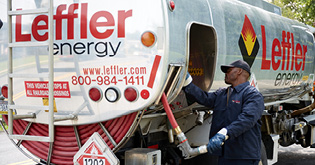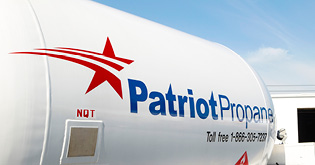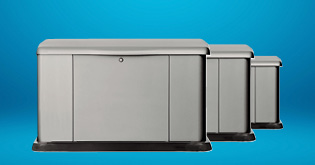- My Account:
- Sign In
- Register
- Make A Payment
Sales 877.827.9317
Service 800.984.1411
Sales 877.827.9317
Service 800.984.1411

14 Winter energy-saving tips.
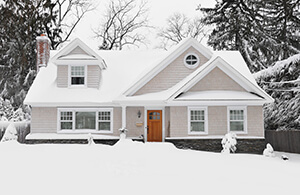
From the hot summer heat to the frigid cold temperatures of winter, extreme weather can mean higher utility bills.
But saving on heating bills in the winter is completely within your power.
See below what our experts say are the best ways to save on heating bills.
- Programmable thermostats – With a new programmable thermostat, you are able to lower the temperature when you’re asleep or not home. Even lowering the temperature by one degree could save you money and decrease energy usage. Turning down that thermostat by four or five degrees can potentially lower your utility bills by up to 20 percent per year!
- Fans – Fans will push heat throughout the home, especially through holes and openings to the outside. Turning off kitchen and bathroom fans when not using these spaces will help keep some of the heat inside your home.
- Maintenance – Regular maintenance checkups and furnace filter replacements could help maintain peak performance, as well as keep your air clean.
- Insulation – Installing insulation in your heating ducts, attic spaces, crawlspaces, and in the walls of your home helps keep heat inside the house. Some homes lose up to 60 percent of their heat from these areas when not insulated.
- Natural light – During the day, open your drapes and curtains to let the energy of the sun naturally heat the air in your home. Also, closing them at night will help keep heat inside the house. This means your
system uses less energy maintaining a comfortable temperature, which could potentially save you money!
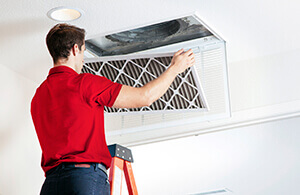 Seal crevices – Installing weather stripping or applying caulking to window cracks and doors helps keep heat from escaping through open crevices in your home’s exterior.
Seal crevices – Installing weather stripping or applying caulking to window cracks and doors helps keep heat from escaping through open crevices in your home’s exterior.- Fix leaky faucets – Faucets and piping that have leaks will draw hot water from your water heater, which heats water through your heating system. Fixing these leaks will mean your water heater is using less energy to maintain the temperature of hot water.
- For showers and faucets – Using aerating shower and sink faucet heads means less hot water is used to wash yourself and your dishes. That will draw less hot water from your hot water heater, meaning l
ess energy is used to heat the water you use. - Take a shower instead – Showers use significantly less water than baths. Taking a hot shower means drawing less hot water from your water heater, thus using less heating energy overall.
- Full loads – Regardless of the size of your loads, the same amount of water and energy is used. While some of us will want to wash a dish or couple of shirts immediately, waiting to use only full loads will use less electricity and hot water.
- Mind the lights! – It’s common sense that turning off the lights when not in use will save on energy. You can also install compact fluorescent lights, which use significantly less energy than standard bulbs.
- Refrigerate Responsibly – Refrigerators are most often designed to work properly when set between 37-40 degrees.
- Upgrade that chimney! – Lots of heat escapes through your chimney and fireplace. Installing a flue-top damper on top of your chimney will block escaping heat, while a fireplace grate or glass enclosure for your fireplace will keep warm indoor air from getting into your chimney
- ENERGYSTAR – Heating equipment that is ENERGYSTARⓇ-rated means it is energy efficient. Burnham brand water boilers are some of the best on the market for energy efficiency.

